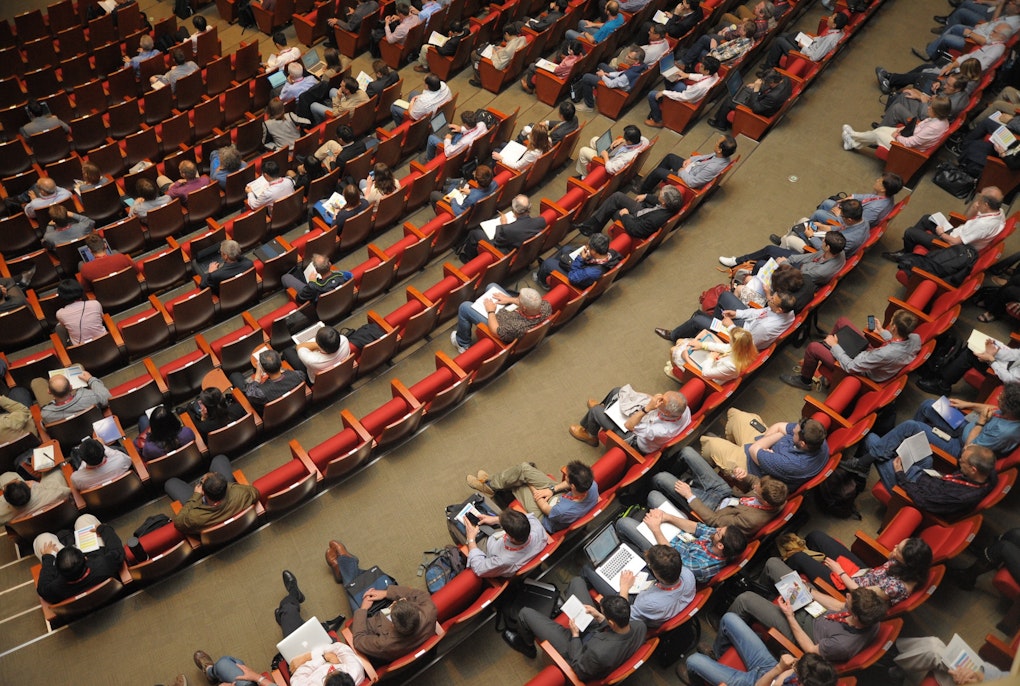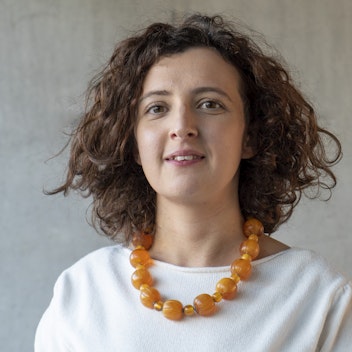
Co-presence and Participation in Open Science Conferences: How can we do better?
 Sarahanne M. Field
Sarahanne M. Field
Schools are often seen as natural parts of everyday life. However, they are saturated with cultural peculiarities, social rituals, and locally specific linguistic displays which provide rich data points for ethnographic research.
Here are some of the reasons.
First of all, schools are cultural reproduction factories. You want to know how to be Italian? How to be American? How to be Austrian? Go to a public school in those places. You’ll learn everything you need to know about language, social class, cultural values, politics, religion… you name it. Between what is explicitly taught by teachers (and how it is taught), and what you will learn from spending time with your classmates, you’ll walk out with a lot of information about what makes that country (and that town and region) tick.
Second, the institution of school, on a global level, is a reality unto itself. In school, students have to perform a set of tasks which are meant to indicate their skill or knowledge. These tasks are then assigned grades, which are then summed together and taken as evidence (or not) of their satisfactory completion of the requirements for their so-called level, grade, or course. This process gets rinsed and repeated every year until we decide to stop going to school (whether that’s at age 16 or 60). Teachers are likewise held accountable for providing a means for students to reach the benchmarks deemed important for their education. Teachers are also beholden to curricular standards, local and high-level policies, and on-the-ground school realities. Therefore, “teacher” and “student” operate in lock-step. They are contingent identities that must be choreographed carefully in order to function.
Third, while “teacher” and “student” are highly consequential identities, these identities are not salient all the time. Outside of the walls of the school, these identities are overtaken by other identities like brother, mother, athlete, punk, musician, gamer, bookworm, graffiti artist. All of these identities have, in turn, a set of performable characteristics that influence everything from where we hang out to how we dress to how and with whom we interact. And, importantly, these many identities often overlap with an individual’s in-school identity, getting interpreted through school-related evaluative frameworks. This is why linguistic ethnographers are often just as interested in the semiosis of 12-year-old girls secretly applying makeup in the bathroom as we are in the ways that people navigate a multilingual repertoire between English, Italian, and Urdu.
Linguistic ethnographic engagement in schools is about identifying—in one small slice of reality—how people use language and other communicative signs to engage in shared sociocultural (re)production, how identities form over time, and which discursive mechanisms contribute to these phenomena. Sometimes we can’t quite reach the why, or provide a clear-cut explanation of a phenomenon. But if we document interactions over time, we can identify patterns, themes, and cycles that can be either reinforced or interrupted as a means of achieving greater equity and social justice.

This content is licensed under a Creative Commons Attribution 4.0 International license.

 Sarahanne M. Field
Sarahanne M. Field



 Sabrina Colombo
Sabrina Colombo